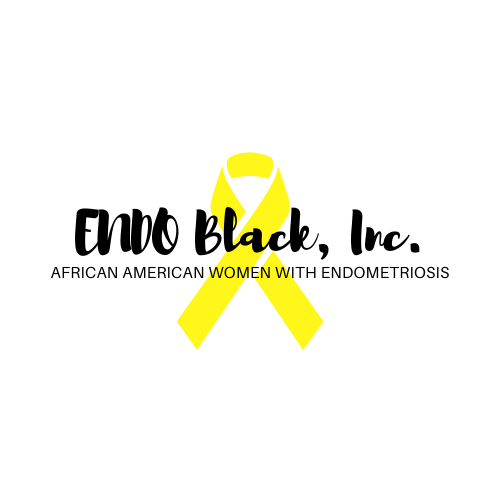The Opioid Epidemic
It’s silent and hides behind closed doors. It enters urban and rural communities, preying on the young and the old. It kidnaps the brain and captures logic.
And no one notices.
It takes over finances and how your time is spent, and again, no one notices.
It snatches independence and becomes the thing millions of Americans depend on to function throughout the day, and yet again, no one notices.
No one notices it.
What is it?
It’s the opioid epidemic, and it’s affecting millions of Americans every day. Every 11 minutes that pass, another life is lost because of opioid addiction or overdose.
It’s estimated around 130 people in America die every day because of an opioid overdose. The abuse of opioids—which includes prescription pain relievers, heroin, and synthetic opioids such as fentanyl—has been labeled a national epidemic and affects public health and social and economic welfare. The Centers for Disease Control and Prevention (CDC) estimates the total "economic burden" in the United States of prescription opioid misuse alone is $78.5 billion a year. This total includes the costs of healthcare, lost productivity, addiction treatment, and criminal justice involvement.
The opioid epidemic has surpassed gun violence, and car crashes to become the leading cause of accidental death for Americans under 55. The addiction has taken the lives of more people than H.I.V. at its deadliest point, and its body count is more than the lives lost during the Iraq and Vietnam Wars together. Opioid use and misuse have even created a rising incidence of neonatal abstinence syndrome. This problem is so prevalent even some babies are born addicted to opioids. Can you imagine that?
So, when we are more educated and technologically advanced than we have ever been in history, why are so many people starting to depend on prescription drugs?
It doesn’t seem like a natural addiction to many people because some opioids are legal, and doctors prescribe them for pain. Some people are more susceptible to addiction than others. However, no one is exempt from its wrath. Opioids give an instant sensation of relief and peace without its victim realizing they are entering a dangerous co-dependency relationship.
Due to recent federal regulations cracking down on the number of pills prescribed to patients, many people who suffer from opioid addiction have turned to Fentanyl. Fentanyl, which is 50 times more potent than heroin, has become a gateway to drugs like cocaine, Xanax, and MDMA, which has led to many pain management clinics have to enforce random drug testing.
If you or someone you know is struggling with opioid addiction, call 1-800-662-HELP or go to https://www.addictioncenter.com/opiates/opioid-epidemic/ to find the nearest treatment center near you.

